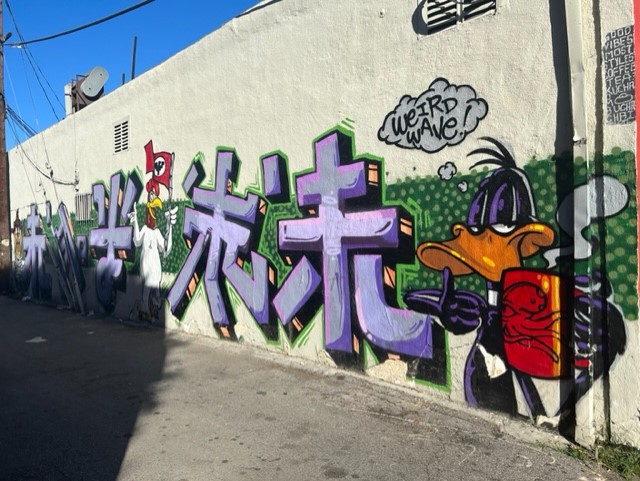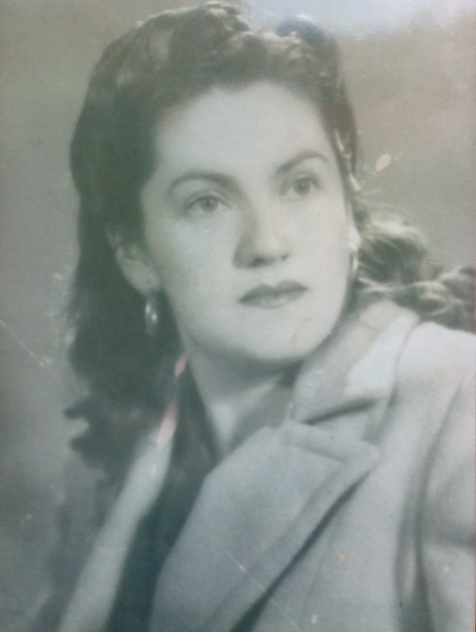Decades ago, it used to be gangs, drugs and crime that plagued Eastside residents.
Now, it is a problem captured in one word: Gentrification.
“Growing up here, I have lost more people because of gentrification than drugs, going to prison, and deaths,” said Alex Flores, a U.S. Census employee and a lifelong Boyle Heights resident.
Boyle Heights residents are much more at risk of being displaced because about 78% of residents were renters — compared to 63% for the city 54% for the county, according to a USC/LURN report from 2018. This puts renters at risk because many can’t afford ownership of their own house, making them more vulnerable to landlords.
Gentrification has also created community divisions, with some people welcoming new businesses and jobs while others oppose it because they worry property values will rise too much and push people out either because properties will be sold or rents will increase.
Jackson Defa, owner of Weird Wave Coffee Brewers, said he hears from both camps. “There are definitely people who have an impression of me or my business, who have never met me or been to my business. They just have an idea about me based on propaganda,” he said. The coffee shop was targeted with vandalism in 2019, according to news coverage at the time.
Working at Weird Wave is a first job for many local residents.
“A number of those people have gone out to L.A. and have gotten more jobs or better jobs. It has been a launching pad for careers for a lot of people,” Defa said. “Mostly everyone that lives here or around my business that’s a customer of mine; they love us. We’re all just like a big family here.”
Defa added that people should vote with their money, and if they do not want the business to be there, they can avoid going to the business.
For his part, Flores said he is against gentrification but he does not believe that violence is the solution.
“I do not support violence or breaking the law. I am a law-abiding citizen.”
He said much of the problem stems from discriminatory housing laws, like those in the 1950s.
“We didn’t win that battle, but fortunately, we survived it,” he said. He hopes the same can be said about rising housing prices now.



WabashEvergreen • Jan 4, 2024 at 12:58 pm
As a Boyle Heights resident who has experienced 3 gang related shootings in front of my house in the last 4 months, who has neighbors who have lost children in the last year to gun violence in front of their business they’ve owned for decades on Wabash and Evergreen, I find this article highly offensive. Anyone who says gangs, gang violence, and drugs are thing of the past in Boyle Heights obviously doesn’t live here. If gentrification is your biggest fear then maybe you need to check your privilege.